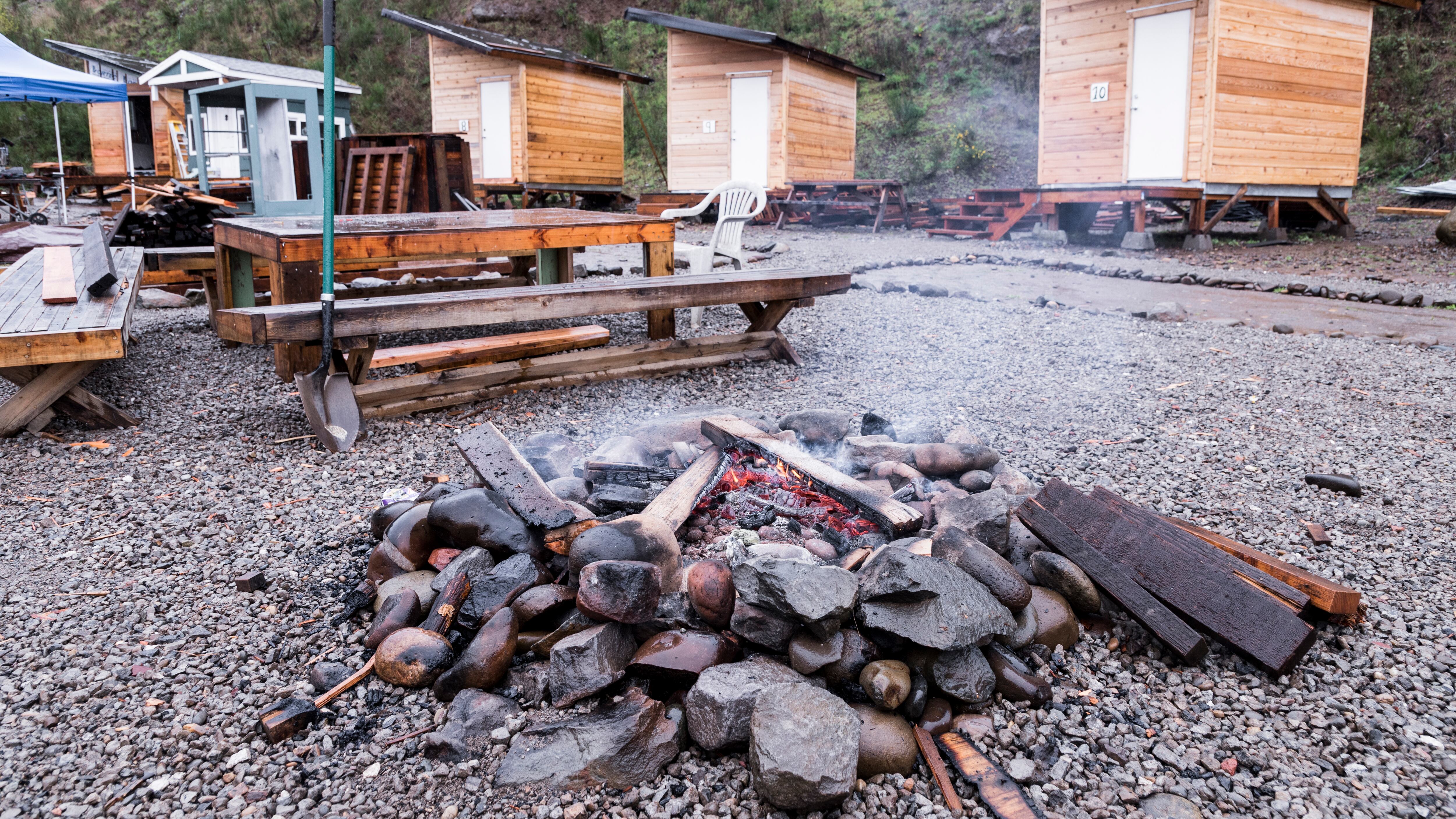Proposed changes in city zoning code under a new policy, the Shelter to Housing Continuum, sparked intense debate among Portlanders about where city-approved, managed homeless shelters should be allowed to go ("Whose Woods Are These?" WW, March 24). Last week, following public outcry, the Portland City Council said it never intended to allow housing in parks and pledged that open space zones affected by the policy would not include parks or natural areas. Here's what our readers had to say:
Coastrange, via wweek.com: "I was concerned when a formal homeless camping site was set up near me in Eugene. There had been a lot of camping along the bike path, and I thought this would make it worse. Since this site with Conestoga huts, a porta-potty and a kitchen has been set up, I haven't seen any freelance camping in the area. Whatever the rules are, it is working so far."
Sam Haber, via Facebook: "Unacceptable! People without housing should sleep in a magical pocket dimension that is separate from all of spacetime so they can't bother more important and housed Portlanders."
@rebensdo, via Twitter: "Letting people sleep in parks and on the side of the freeway is a Band-Aid stopgap. If there was a real willingness to help, then maybe they would be provided with basic income, safe housing and medical care. This is just internment."
Kierstin Fredrickson, via Facebook: "I live next to Laurelhurst Park and I'm cool with people living there. Me and my dog go to the park every other day. I bought a garbage picker and try to keep it clean. I can't imagine being homeless right now. Everyone deserves a safe place to live right now."
Mt Hood, via wweek.com: "The problem isn't lack of money. It's lack of vision, business acumen and competency amongst elected officials. They only know how to raise revenue via taxes; they have no idea how to effectively deploy that revenue. But don't blame the city leaders. Blame the voters who (1) keep approving these bonds and taxes without any credible plan for how those funds will be used or accountability/oversight for proposed outcomes and (2) keep voting for the same politicians who come up with the ridiculous proposals in 1 above."
Focus on the facts about shelters
When it comes to our houseless neighbors and the Shelter to Housing Continuum, we all need to dial down the rhetoric and focus on the facts—advocates and media included. In recent weeks, we have seen public comments and statements printed uncritically in this paper that dehumanize our houseless neighbors and simply get the facts wrong. People have compared our houseless neighbors to mud, filth and trash, and falsely accused the city of intending to destroy our parks. Not only is this sort of rhetoric unworthy of our compassionate city, it is simply inaccurate. Despite the many times City Council and policy analysts have reiterated that this proposal does not allow unsanctioned camping in parks, the escalation of false, anti-homelessness rhetoric keeps reaching astonishingly vitriolic new highs. The truth is that Shelter to Housing would only legalize safe, decent and regulated outdoor shelters in limited sections of "Open Space" zones that are not park greenspace. We rely on Willamette Week to correct public misinformation, not amplify it. Especially when handling an issue as sensitive as homelessness, we need our media to focus on the facts—in this case that Portland has a housing and homelessness crisis; we need to take care of our neighbors; and the Shelter to Housing Continuum will save lives without sacrificing parks or open spaces.
Trisha Patterson, Luke Norman, Henry Kraemer and Anna Kemper
Portland: Neighbors Welcome
Correction
The March 24 story on homeless shelters in city parks ("Whose Woods Are These?") failed to include the fact that temporary outdoor and mass shelters proposed by the city would require management by a public or nonprofit agency and would have to obtain city approval before being erected in parks or natural areas. WW regrets the error.
Letters to the editor must include the author's street address and phone number for verification. Letters must be 250 or fewer words.
Submit to: 2220 NW Quimby St., Portland, OR 97210.
Email: mzusman@wweek.com

